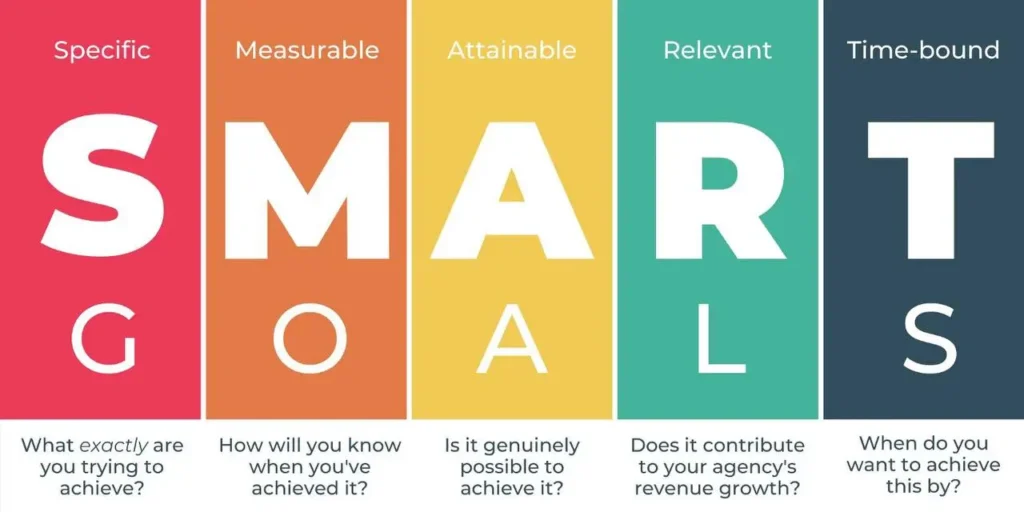Hey friend, buckling up for a wild ride into the world of space careers?
Okay, so you’ve maybe binge-watched “For All Mankind” or that documentary about SpaceX, and you’re thinking, “Could I actually get paid to hang out with satellites… or like, build moon stuff?” I feel ya. When I first looked into “Careers in space & aerospace,” I thought, y’know, it’s just rocket scientists and astronauts—but nope. There’s a whole cosmos (haha) of roles—and weirdly awesome ones—that most people don’t even realize exist. Let’s explore, shall we?
Why care?
Besides sounding brutally cool, the space/aerospace biz is booming. Governments and startups—like the classic NASA vibes plus all that New Space surge—are fueling tons of innovation, from Earth-watching satellites to reusable rockets, climate data platforms, and even space tourism. Private funding is off the charts, and careers that felt once futuristic are actually happening now. So if you’re looking for something meaningful, cutting-edge, or just brimming with “whoa”—this might be it.
Career Paths You Didn’t Know Existed
Let’s drop that magic phrase early—Career Paths You Didn’t Know Existed—because 90% of these jobs aren’t in your high school career day spiel.
Space Tradies (yes, seriously—trade skills in space)
Okay, this cracked me up. By 2050, “space tradies”—electricians, welders, plumbers—will be like rock stars supporting space missions. We’re talking building moon bases, wiring orbital hotels (I mean, space tourism is real, peeps), maintaining rovers. Skills like 3D-printing in zero-G and handling weird radiation conditions? Totally a thing. So if you’re good with your hands, don’t sleep on this. You culd be the plumber who saved us from a lunar leak one day.
Contamination Control / Communications Engineer (yes, from costume design)
This one’s wild. A costume-design pro pivoted (ngl, I love a career pivot) and now works as a communications engineer on the James Webb… like the JWST. She handles contamination control, making sure space-bound instruments stay squeaky clean. If your childhood passions and Netflix binges spark a change, it’s never too late—just ask Karen Abarca.
Apprenticeships to space (rather than traditional uni routes)
School-leaver paths aren’t just uni anymore—some kids are entering paid degree apprenticeships in space systems engineering. There’s one in the UK that’s ultra-competitive—think BAE Systems plus university—and trainees get to work on satellite systems that go up on SpaceX rockets. Real-world, real fast.
Upskilling via unexpected employers (looking at you, Amazon)
Amazon… space? Yup. In Washington State, Amazon’s upskilling warehouse staff into aerospace manufacturing jobs, especially for its Project Kuiper satellite network. So if you’re a warehouse hero with hustle, you might end up building things that orbit our planet. Wild.
Classic—but still awesome—space career zones
Now, aside from these quirky roles, there’s the traditional spectrum that’s still super rad. Think engineering or science if you like spacesuits and laboratory vibes.
Engineering & technical roles
Aerospace engineers, systems engineers, mechanical, electrical, avionics, flight inspectors—first-gen college-to-dream-career stuff, and totally valid. Technicians are in, too: aerospace techs, avionics techs, laser techs, satellite techs (some making around $60K/year), plus GIS analysts, accountants, admin roles… space jobs come in loadsta flavors.
NASA, Boeing, Lockheed Martin, GE Aerospace, Aerospace Corporation—they all hire graduates, interns, and new folks into engineering and analysis gigs. NASA alone hires around 20 different engineer types, from rocket-to-software-to-systems. These roles are the backbone of the whole operation.
Science and data roles
Physicists, mathematicians, climatologists, biologists, space medics, chemists—some literally analyzing data from space, designing experiments, working deep in research or planetary missions. Earth observation, climate analysis, astrophysics—you name it.
Non-technical & business careers
Space still needs business folks: PR, strategy, education/outreach, law, sales, insurance—even journalism and tourism. Want to be the person who writes about rockets or manages launches? That’s a “Career Paths You Didn’t Know Existed” moment right there.
Defense, intelligence, cybersecurity, ops
The Space Force (US) hirres tons of civilians and military folks in areas like contracting, intelligence, finance, cybersecurity, space ops, you name it. So if you’d rather be behind the scenes powering missions, you’ve got options.
Where and how to get in—because, yeah, you wanna know
NewSpace vs OldSpace—and global vs local
You might’ve heard of NewSpace: startups like SpaceX, Blue Origin, etc., revolutionizing private space access. Meanwhile, OldSpace means traditional government orgs (NASA, ESA). But the trick? The space industry is global—literally thousands of companies worldwide are hiring.
UK is also growing crazy fast—like £billion in revenue, tens of thousands employed, with jobs ranging from satellite data analysis to space law and planetary protection officers. Many entry routes are non-linear—psychologists, biologists, economists—seriously, the image of just rockets and astronauts is way too narrow.
Internships, fellowships, programs
- Brooke Owens Fellowship—paid internships + big mentorship for undergrad women in aerospace. Tons of alumni across engineering, policy, journalism, entrepreneurship.
- Zed Factor Fellowship—for underrepresented students; includes zero-G flight, internships, mentorship.
- Patti Grace Smith Fellowship—paid summer internships, scholarships, mentorship for Black undergrad students.
- NASA Academy—10-week summer leadership program for undergrad & grad students, hosted at NASA centers.
- European Space Camp—for 17-20 year-olds, rocket building and all, up in Norway. Inspiring as heck.
- Plus programs like Space School UK, summer residentials that help bridge the school-to-uni gap, especially for underprivileged kids.
Getting started, no experience—maybe flex some of that Netflix excuse
- Start with internships, co-ops, volunteering, hackathons, competitions. They look killer on your app.
- Network: join orgs, go to events (even volunteer if broke), get into local chapters or online communities.
- Education: most tech/science roles want a STEM degree, though there’s increasingly room for folks without one—especially via trades or non-traditional programs.
- Skills: problem-solving, attention to detail, adaptability, communication, teamwork—space is team sport.
Dream Big—but also be flexible
Feel free to ride that creative/non-linear wave: costume designer→communications engineer; warehouse worker→aerospace tech; tradesperson→exclusive space tradie. The entire system’s shifting, and space careers are more accessible than ever—especially if you lean into things you love, stay curious, and roll with learning.
Remember Sam Altman’s prediction? In about ten years, the top-paying gigs for college grads might literally be in outer space. That’s wild—but also feed-your-soul exciting.
Closing thoughts (and a bit of real talk)
So friend, whether you’re sliding through this because you love satellites or secretly want to say “I build rocket stuff”—the space and aerospace world has way more doors than you might’ve thought. From tech to biz, from astronaut-adjacent to totally quirky trades, from internships to epic fellowships—it’s a galaxy of options.
Career Paths You Didn’t Know Existed? Actually, a ton exist—and they’re itching for someone like you to step in. If you’re vibing with one of these roles (or just wanna daydream about living on Mars someday), start small: poke around those fellowships, ask people in your network, try something hands-on (build a model rocket or attend a webinar), and see where it goes.
Because here’s the truth: space isn’t just for the rocket-nerds or textbook geniuses. It’s for the creative, the curious, the persistent, the weirdly passionate. So go chase your astro-dreams, even if they’re still fuzzy. The sky—or maybe even the moon—is not the limit.
TL;DR (if you skimmed)
- Tons of unique roles: space tradies, contamination engineers, upskilled Amazon workers—real examples of Career Paths You Didn’t Know Existed.
- Classic engineering, science, data, non-technical roles all still rock.
- Global and growing (UK, private sector, startups).
- Fellowships and programs make it accessible (NASA Academy, Brooke Owens, etc.)
- Key qualities: adaptability, networking, STEM-ish but also hands-on or creative.
- Altman’s prediction: top-paying jobs might literally be on missions in space by 2035.
- You can start now—no perfect path needed.
Alright, I hope you felt like you were chatting with a buddy whilst reading this. If any parts sparked something — an idea, a weird dream, or just a “huh, maybe I could”—that’s already a win. Feel free to ask me for help mapping a specific path or finding programs or volunteering ideas. Go chase those stars, my friend…









